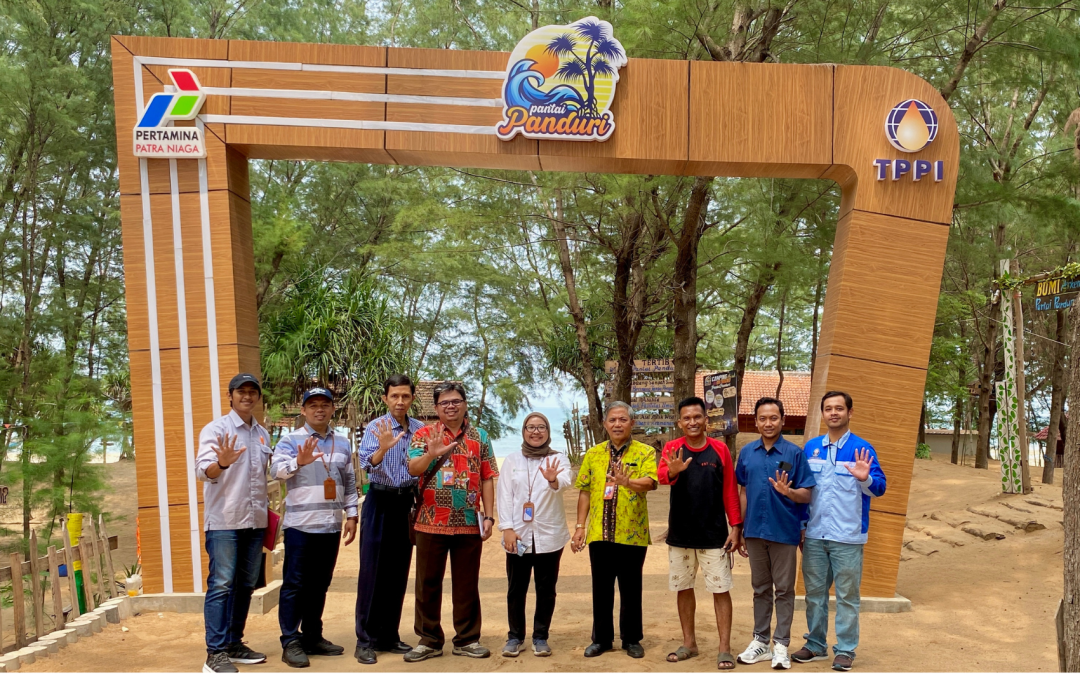
Nov 25, 2024
The Industrial Electrical Engineering Program, Vocational School of Universitas Diponegoro (UNDIP), conducted an official visit to Tuban to sign a cooperation agreement with PT Pertamina (Persero). This initiative aims to support the development of energy efficiency and the planning of renewable energy (EBT) implementation in the Pantai Panduri area.
During the visit, the UNDIP delegation, consisting of faculty members and leaders of the Industrial Electrical Engineering Program, was warmly welcomed by Pertamina Tuban’s management team. Both parties discussed potential collaboration in developing environmentally friendly electrical technologies and optimizing renewable energy resources in coastal areas.

Panduri beach was chosen as the pilot project location due to its significant potential for renewable energy development, including solar and wind power. Through the agreement, the Industrial Electrical Engineering Program of UNDIP Vocational School and Pertamina committed to jointly conducting research, developing technologies, and providing training for local workers to support the program’s sustainability.
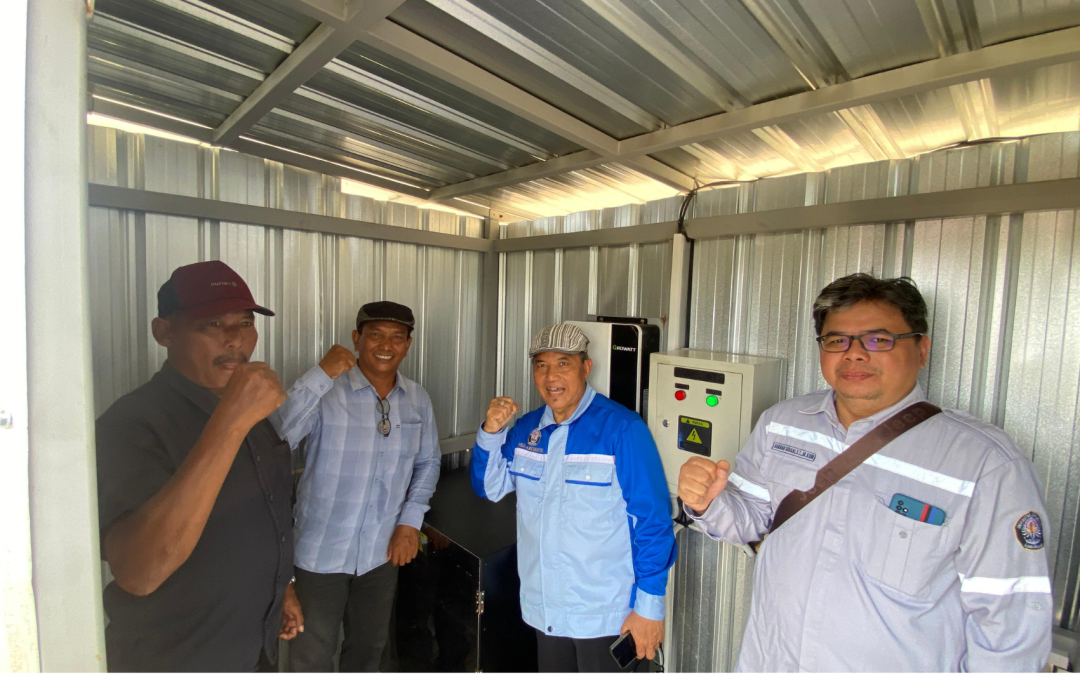
Nov 21, 2024
As a concrete step in supporting renewable energy development programs, the installation of Off-Grid Solar Power Plants (PLTS) for water pumps and solar-powered street lighting (PJU) has been carried out in Botoreco Village, Blora Regency.
The installation proceeded smoothly and was attended by the Village Head of Botoreco and local hamlet leaders. Their presence reflects the village government’s commitment to utilizing renewable energy resources to meet the community’s needs.

The Off-Grid PLTS for water pumps is expected to enhance the efficiency of clean water distribution to areas within the village that previously had limited access. Meanwhile, the installation of solar-powered street lighting aims to improve safety and comfort for village residents at night, especially in areas that previously lacked adequate lighting.
By utilizing solar panel technology, this program not only supports environmental sustainability but also contributes to reducing dependence on fossil fuel energy sources. The village government, along with the project implementers, is committed to maintaining and ensuring the sustainability of these facilities so they can operate optimally in the long term.
This program serves as an initial step towards broader implementation of renewable energy technologies in rural areas, providing tangible benefits for the local community.

Sep 4, 2024
Blora, 2024 – In an effort to support the utilization of renewable energy and improve access to clean water for the community, a service team from the Vocational School of Diponegoro University (UNDIP) has planned the installation of a 3 kW on-grid solar panel system for a water pump in Botoreco Village, Blora Regency.
This initiative has received full support from the Dean of the Vocational School at UNDIP and involves several lecturers, managers, and educational staff (tendik) from the Vocational School who are participating in its implementation. The solar panels will be used to supply electricity to the water pump, which is essential for the villagers to meet their clean water needs.
The initial step taken by the service team was a site survey to determine the optimal location for installing the solar panels and to assess environmental conditions that could affect system performance. This survey is a critical part of the planning process to ensure the system operates efficiently and effectively.
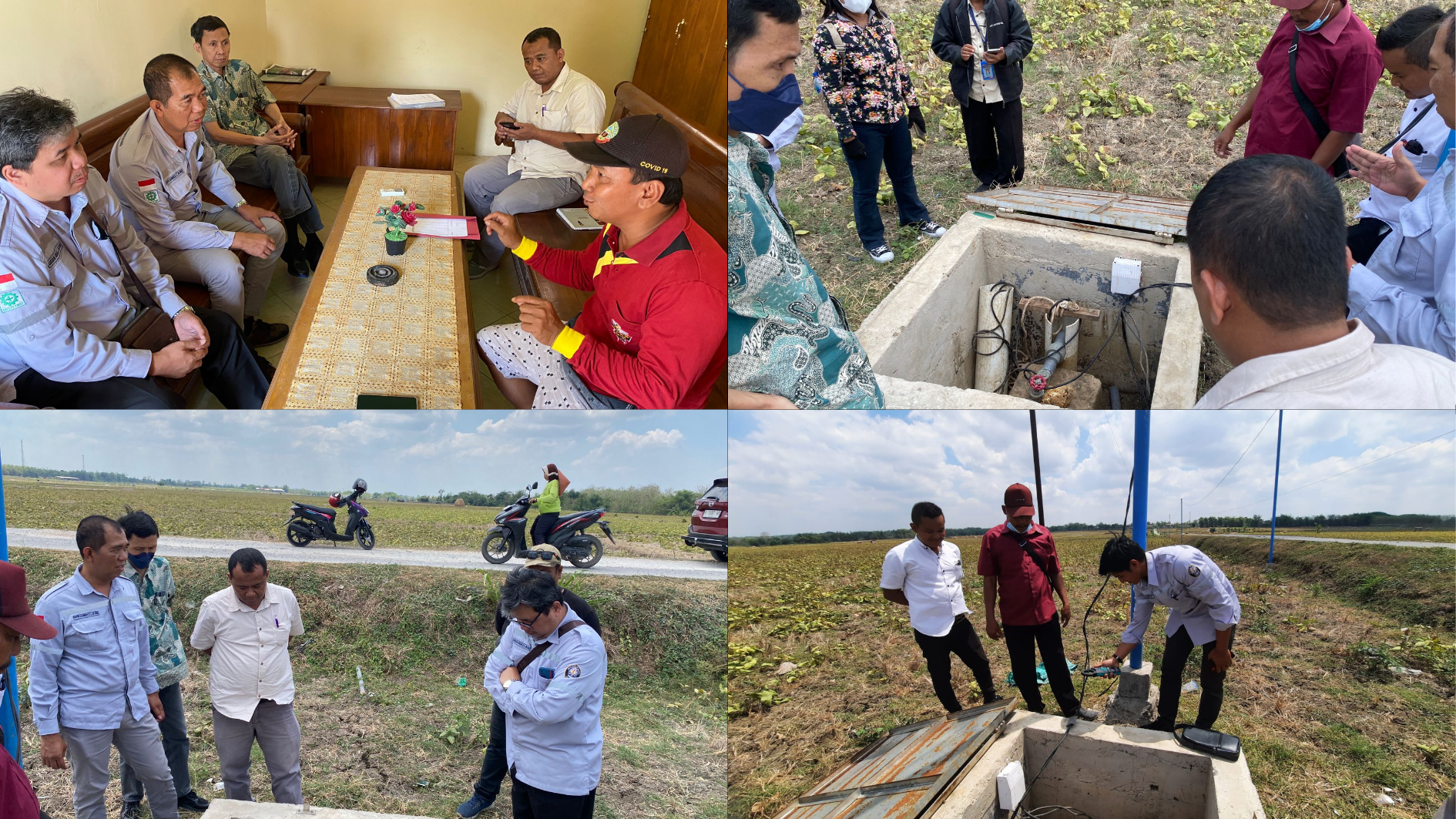
In addition to benefiting the community by meeting their clean water needs, this project is also expected to serve as a model for the implementation of environmentally friendly renewable energy and raise awareness about the importance of sustainable energy use.
Moving forward, the community service team from the UNDIP Vocational School will continue with the technical planning, equipment procurement, and system installation phases to ensure the success of this project. This activity is also expected to strengthen the synergy between higher education institutions and the community in developing technologies that benefit daily life.
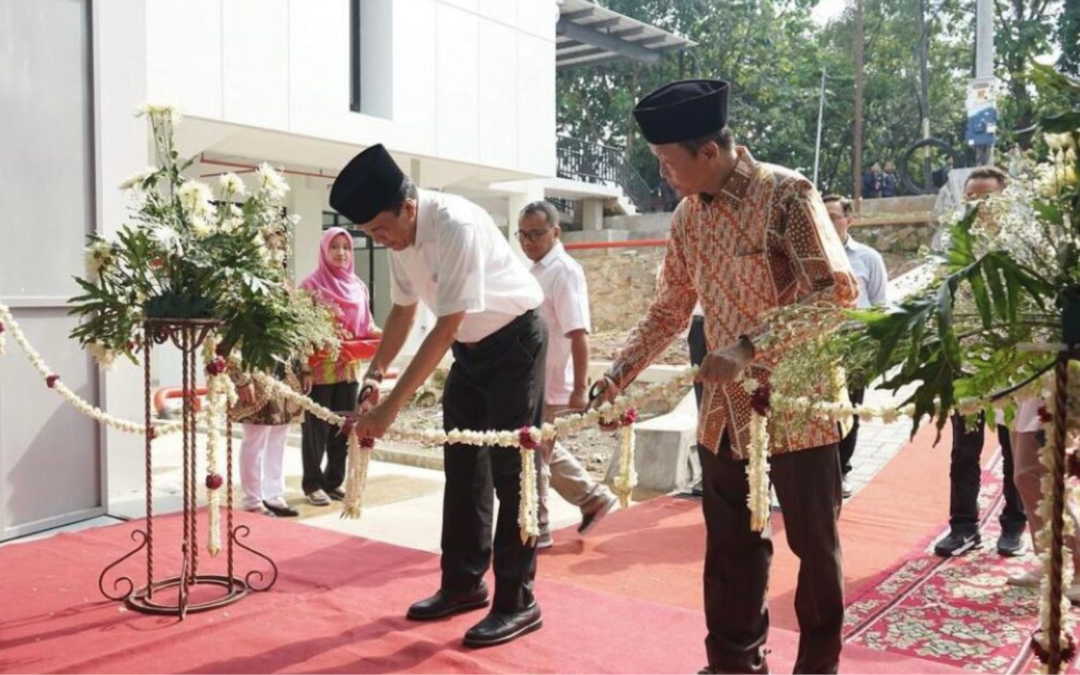
Apr 29, 2024
Semarang, April 26, 2024 – Diponegoro University, Semarang, celebrates a new milestone in vocational education with the inauguration of the Teaching Factory Workshop Building and two new workshops attended by the Rector of Diponegoro University, Prof. Dr. Yos Johan Utama, S.H., M.Hum., as well as other university leaders. The event, held on Friday, April 26, 2024, marks an important moment in the development of industrial electrical engineering education at the university.
The inauguration of the Teaching Factory Workshop Building signifies Diponegoro University’s commitment to enhancing the quality of vocational education that is relevant to the demands of the current industry. This inauguration was warmly welcomed by the Dean of the Vocational School, Prof. Dr. Ir. Budiyono, M.Si., who sees it as a significant milestone in advancing industrial electrical engineering education in the region.

In addition to the inauguration of the main building, two new Industrial Electrical Engineering workshops were also inaugurated, namely the Renewable Energy Workshop and the Microcontroller and Programming Workshop. The presence of these workshops marks a progressive step in facing the increasingly changing challenges of the industry, demanding more specialized skills.
In his speech, Rector Prof. Dr. Yos Johan Utama, S.H., M.Hum., stated, “The inauguration of the Teaching Factory Workshop Building and two new workshops is not only an achievement for the university but also for the industry and society. We are committed to producing graduates who are ready to contribute to continuous change.”
Dean of the Vocational School, Prof. Dr. Ir. Budiyono, M.Si., also expressed appreciation for this initiative, stating, “We are very grateful for the support provided by university leadership in the development of vocational education infrastructure. These new workshops will open up broader opportunities for students to acquire knowledge and skills in line with technological advancements.”
The inauguration event was highlighted by demonstrations of innovative products created by students, both in the Renewable Energy Workshop and the Microcontroller and Programming Workshop. Invited guests, including industry representatives and communities, were invited to witness student achievements and build closer cooperation in supporting vocational education.
The inauguration of the Teaching Factory Workshop Building and two new workshops marks an important milestone in the journey of the Vocational School of Diponegoro University, Semarang, in preparing the next generation ready to face challenges and seize opportunities in an increasingly complex and dynamic job market.

Oct 20, 2023
“Vokalite Ready to Light Up the World” is the tagline of the lamp made by the Diponegoro University Vocational School. Through the Teaching Factory Program, the Industrial Electrical Engineering Study Program is ready to make various kinds of LED lamps, starting from 7 watts, 9 watts, 12 watts, 15 watts, 20 watts, 30 watts and 40 watts.

Making LED lights through the Teaching Factory program will start on October 2 2023. The manufacturing process does not involve students from the Industrial Electrical Engineering Study Program with the aim that students also understand how to make LED lights from the start to the quality control process.









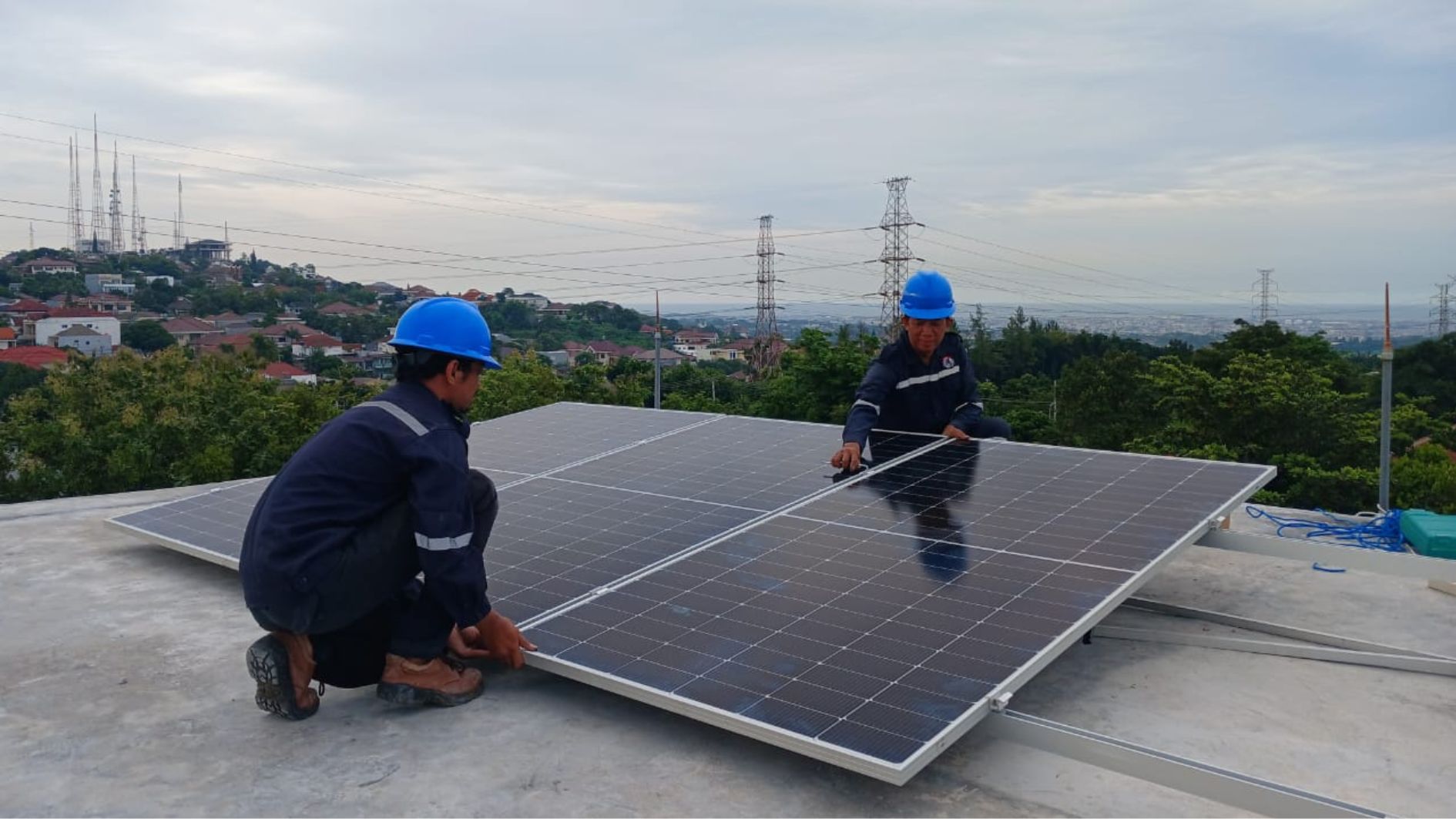
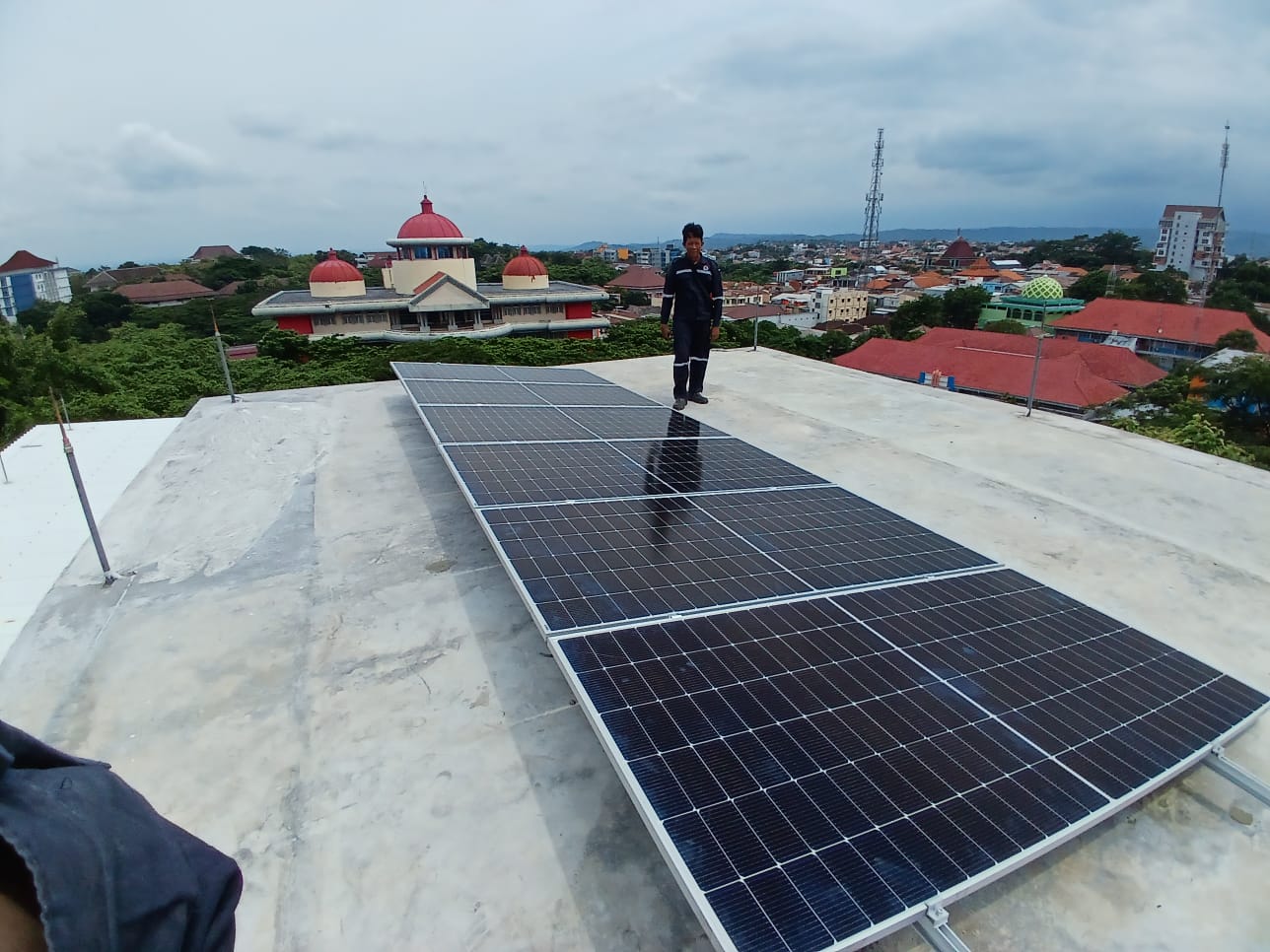


Recent Comments